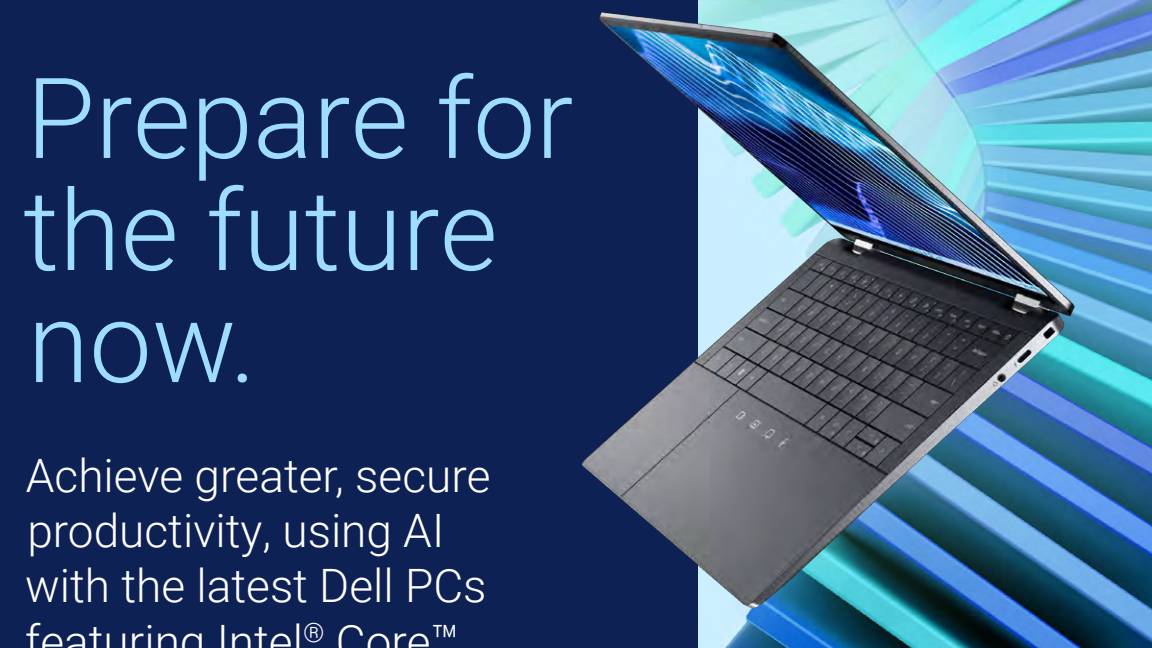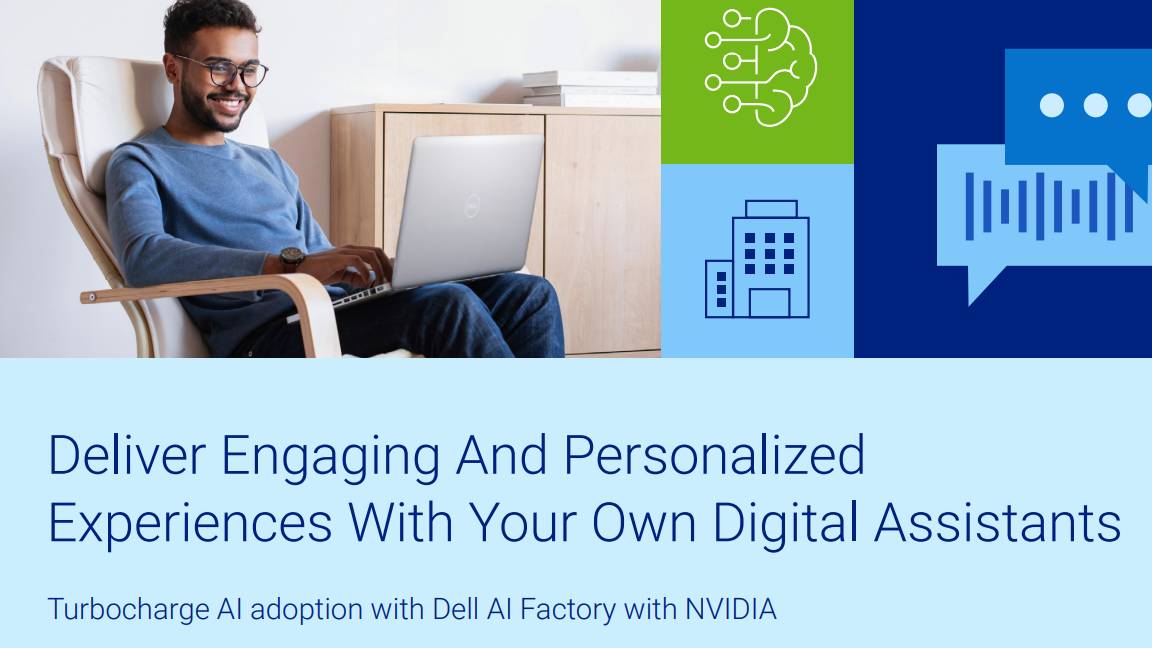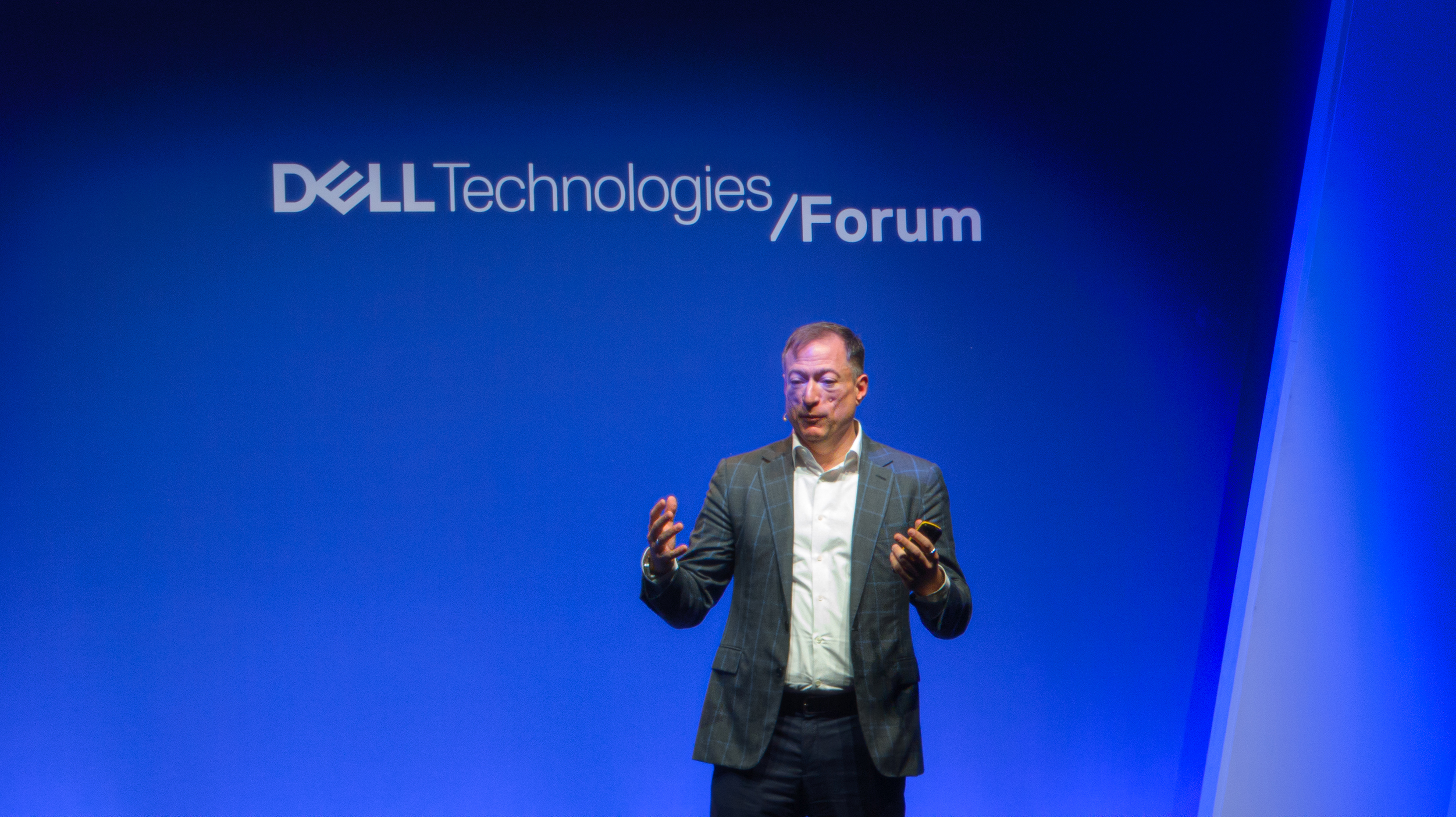Dell-Intel shed light on SMB attitudes to server virtualisation
Vendor report suggests SMBs are still unsure about the benefits of embracing virtual servers.

European SMBs are still not sold on the benefits of server virtualisation, with many claiming they are too small to achieve significant financial gains by adopting the technology.
This was one of the many findings published in Dell and Intel's recent Optimise Your Infrastructure: A European Report on Virtualisation for Small Businesses report.
The document analysed end user attitudes towards server virtualisation and featured responses from 1,150 SMBs in Belgium, France, Germany, the Netherlands, and the UK.
It also looked at two different company size groups: businesses with 1-25 employees and companies with 25-100 employees.
Companies within the IT, telecom, retail, manufacturing, construction, financial services, and healthcare verticals were all represented.
Overall, the report indicated that 41 per cent of SMBs already use server virtualisation. However, companies with fewer than 25 employees only had a 15 per cent adoption rate.
Meanwhile, 15 per cent of firms with fewer than 25 employees said they would consider adopting server virtualisation in future. They also tended to rate the benefits of server virtualisation less favourably than the 25-100 group.
Get the ITPro daily newsletter
Sign up today and you will receive a free copy of our Future Focus 2025 report - the leading guidance on AI, cybersecurity and other IT challenges as per 700+ senior executives
The members of this group also said they felt too small to benefit from server virtualisation.
Clive Longbottom from analyst firm Quocirca told IT Pro that many smaller businesses prefer hosting to server virtualisation.
"Where they do use a server, it's likely to be something like Exchange - and there's little point in virtualising any server farm just to run this - availability can be dealt with by a straightforward dual server cluster," said Longbottom.
Despite their less than favourable attitudes towards server virtualisation, respondents from the 1-25 group still saw the benefits of adoption.
Fifty-eight per cent said the biggest benefit for them would be faster and cheaper back-up and disaster recovery systems.
"Even where there is a basic acceptance that virtualisation is a good idea, there is a lack of understanding of how to move from a pure physical environment to a suitable virtualised one," Longbottom concluded.
-
 Bigger salaries, more burnout: Is the CISO role in crisis?
Bigger salaries, more burnout: Is the CISO role in crisis?In-depth CISOs are more stressed than ever before – but why is this and what can be done?
By Kate O'Flaherty Published
-
 Cheap cyber crime kits can be bought on the dark web for less than $25
Cheap cyber crime kits can be bought on the dark web for less than $25News Research from NordVPN shows phishing kits are now widely available on the dark web and via messaging apps like Telegram, and are often selling for less than $25.
By Emma Woollacott Published
-
 Top five security considerations for Generative AI (Gen AI)
Top five security considerations for Generative AI (Gen AI)whitepaper Protection across AI attack vectors
By ITPro Published
-
 Prepare for the future now. Achieve greater, secure productivity, using AI with the latest Dell PCs powered by Intel® Core™ Ultra and Copilot
Prepare for the future now. Achieve greater, secure productivity, using AI with the latest Dell PCs powered by Intel® Core™ Ultra and Copilotwhitepaper Protection across AI attack vectors
By ITPro Published
-
 Deliver engaging and personalized experiences with your own digital assistants
Deliver engaging and personalized experiences with your own digital assistantswhitepaper Protection across AI attack vectors
By ITPro Published
-
 Top five security considerations for generative AI (Gen AI)
Top five security considerations for generative AI (Gen AI)whitepaper Accelerate your adoption of a secure and scalable infrastructure foundation with Dell AI Factory with NVIDIA
By ITPro Published
-
 The power of generative AI to revolutionize content creation
The power of generative AI to revolutionize content creationwhitepaper Protection across AI attack vectors
By ITPro Published
-
 Your way to AI
Your way to AIwhitepaper Protection across AI attack vectors
By ITPro Published
-
 Gaining timely insights with AI inferencing at the edge
Gaining timely insights with AI inferencing at the edgeWhitepaper Business differentiation in an AI-everywhere era
By ITPro Published
-
 Dell Technologies CTO: ROI on AI should be the number one focus for execs
Dell Technologies CTO: ROI on AI should be the number one focus for execsChasing workforce consensus or playing it safe may cost firms far more in the long run than making decisive moves on AI now and learning from their results
By Rory Bathgate Published